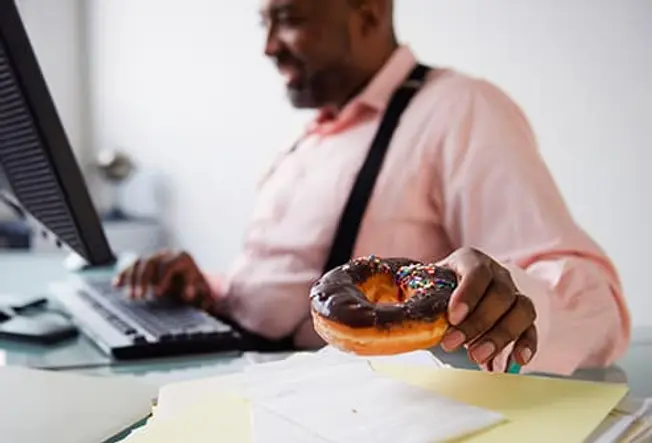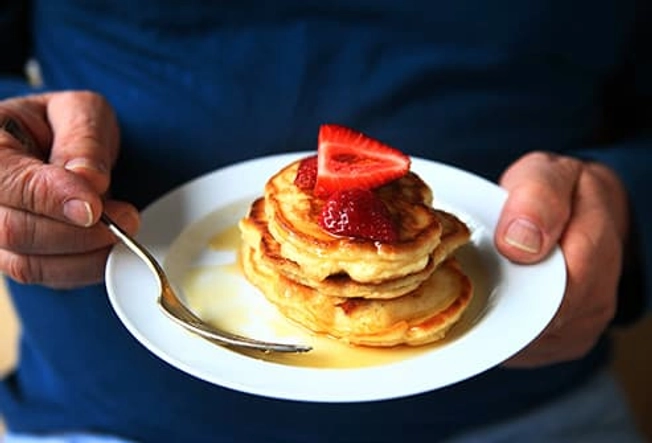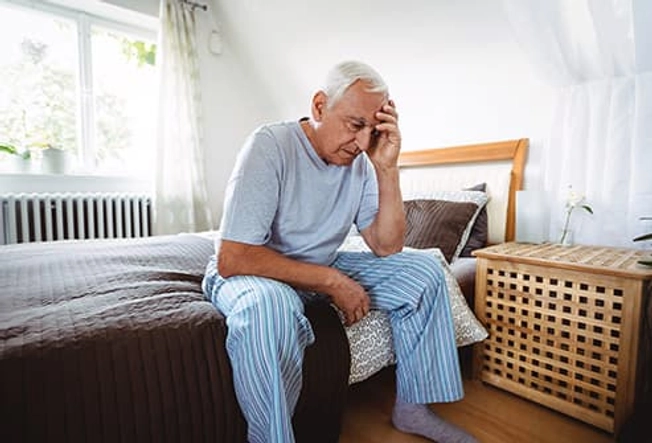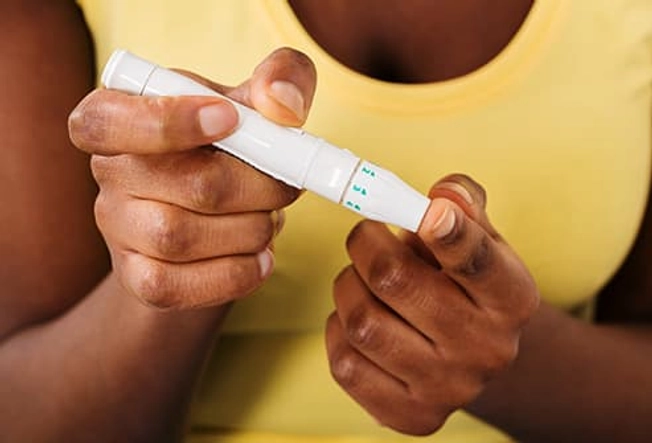Why Am I Always Hungry?


Was It Something You Ate?
That doughnut at work seemed too good to miss. But now you want something else. Tasty in the moment, sugary drinks, candy, and pastries don’t give you lasting energy, so you’re soon hungry again. Better choices: anything with fiber, whole grains, fruits, or vegetables, healthy fats (salmon, nuts, avocado), and lean protein (such as eggs, beans, grilled chicken).

You’re Stressed Out
At first your body zaps away hunger with a hormone called adrenaline. But if your worries stick around a while, your system cranks up the levels of another hormone, cortisol. This one can make you want to eat everything in sight. When the stress goes, cortisol levels fall and your appetite usually gets back to normal.

You’re Thirsty
Sometimes when you think you need to eat, you’re actually dehydrated. So maybe try drinking some water first. Still hungry? That lets you know you may need to eat something. And because you had that water, you may be less likely to overeat.

You “Spike” Your Blood Sugar
When you eat sweet or starchy carbs like doughnuts, pastries, or regular soda, they send a lot of sugar into your system at once. So your body releases the hormone insulin, which helps your cells use it as fuel or store it for later. But that flood of sugar can cause your body to make more insulin than you need. That can lower blood sugar too much and make you hungry.

You Might Have Diabetes
This condition means your body has an energy problem. You may get hungry because your body thinks it needs more fuel. But the real problem is that you have trouble changing food into fuel. “Polyphagia” is the word doctors use for extreme hunger and can be a symptom of diabetes.You also may lose weight, pee more, and feel more tired. Talk to your doctor if you have any of these symptoms.

You Have Low Blood Sugar
Your doctor might call it hypoglycemia. It means there’s not enough fuel, or glucose, in your blood, and it can make you feel tired, weak, or dizzy. It can happen if you haven’t eaten in more than a few hours. If you have symptoms, your doctor may suggest that you keep an eye on your blood sugar and eat some carbs when it’s low. You may need to eat a little more, or your medication may need to be adjusted to help keep it from happening.

You’re Pregnant
While some moms-to-be feel too queasy to eat much in the first few weeks, others may feel like they’re hungry all the time. They also might crave new foods or feel sick at the thought of eating things they used to love. If you think that might be the reason behind your pangs, a test kit from the pharmacy can tell you if that’s the case. If it is, see your doctor to confirm the results.

You Eat Too Fast
When you wolf down your food, you might not give your body enough time to notice that you’re full. Eating slowly is also more satisfying, so you eat less. It can help to focus: Take smaller bites, chew well, and enjoy your food. Give it about 20 minutes, and see if you’re still hungry.

Your Food Didn't Satisfy
Scientists actually put a number on this. It’s called the “satiety index.” Higher ranked foods satisfy your hunger better for the same calories. For instance, roasted potatoes are a lot more filling than fries.

You Saw or Smelled Something Tasty
Maybe you saw an ad about ice cream or smelled fresh-baked cookies as you walked by the market's bakery. That could be enough to make you want to eat, whether your body is hungry or not. Try to notice these triggers and then decide what you're going to do.

Your Emotions Are in Charge
Many people turn to “comfort foods” when they’re upset, bored, sad, or depressed. You may hear it called “emotional eating.” What’s your mood right before you eat? If you’re not really hungry, try doing something you enjoy. And if you find that you often feel blue, stressed, or anxious, you may want to talk with your doctor or a counselor to plan healthy ways to handle those emotions.

You Have an Overactive Thyroid
If you do, it can make you tired, nervous, moody, and hungry all the time. Talk to your doctor if you notice any of these symptoms. If you find out that you have a thyroid problem, you can usually manage it with drugs or surgery or both.

You Take Medication
Some medicines can affect your appetite. These include some that are used to treat depression or mood disorders, along with certain antihistamines, antipsychotics, and corticosteroids. Tell your doctor if you’re hungrier after you start a new medication. But don’t stop taking it on your own.

You Don’t Get Enough Sleep
Lack of sleep can change the balance of hunger hormones (leptin and ghrelin) in a way that can make you want to eat more. It can also make you more likely to reach for snacks that have more calories and more fat to satisfy that urge.
